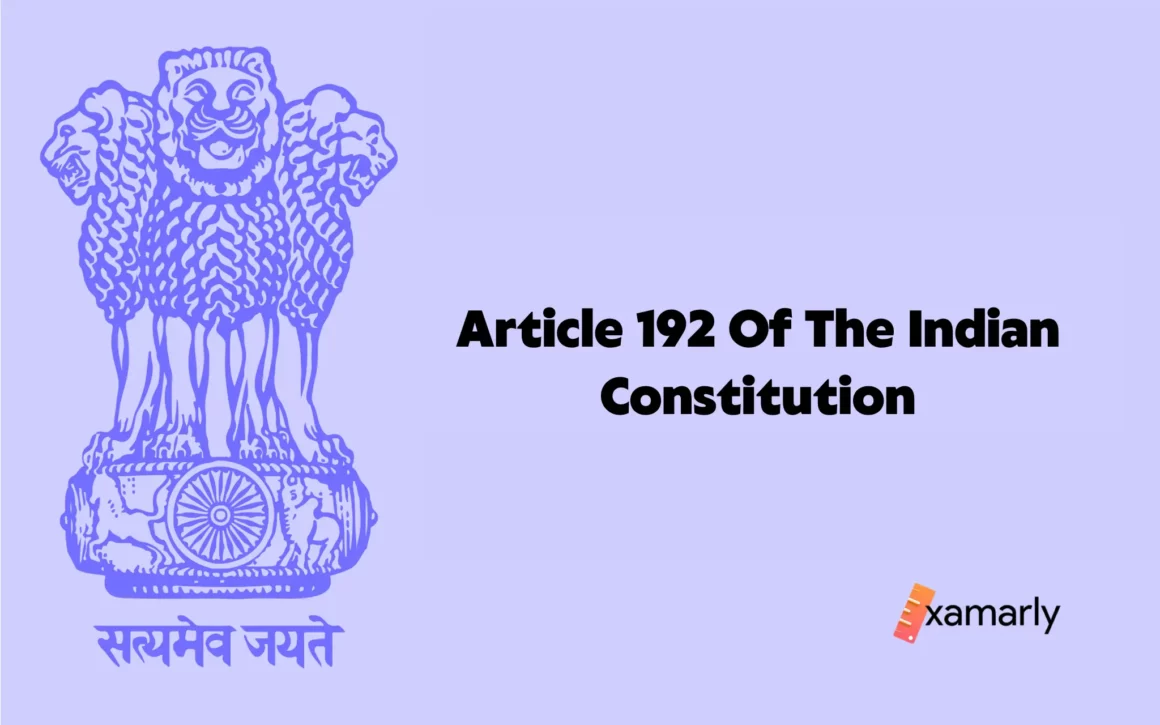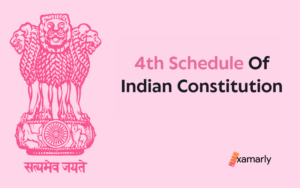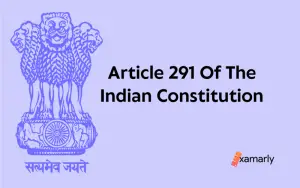Do you know who possesses the power and authority to make a decision when a member of a House of the Legislature is subjected to disqualification?
Article 192 of the Indian Constitution talks about the state of affairs where a member is subjected to disqualification as mentioned in clause (1) of Article 191. The Governor’s decision is considered to be the final in such cases.
Let’s shed some light on how this works.
- Article 192 of the Indian Constitution – In Detail
- Conclusion
- FAQs Related to Article 192 of the Indian Constitution
- What power does Article 192 provide the Governor with?
- What role does the Election Commission play in making a decision on the disqualifications of members?
- Which article talks about the grounds for disqualification of a member of a House of the Legislature?
- Which Article does Article 192 of the Indian Constitution correspond to in respect of disqualifications of Members of the Union Parliament?
Article 192 of the Indian Constitution – In Detail
Before getting into an in-depth understanding of Article 192 of the Indian Constitution, let’s take a closer look at what the clauses say.
Clause 1 – As it is & Explained
(1) If any question arises as to whether a member of a House of the Legislature of a State has become subject to any of the disqualifications mentioned in clause ( 1 ) of Article 191, the question shall be referred for the decision of the Governor and his decision shall be final
The first clause explains that when a member becomes subject to disqualification on the grounds mentioned in the first clause of Article 191 of the Indian Constitution, the Governor holds the authority to make a decision on disqualification. His decision is marked as final and cannot be challenged in court.
To know what causes disqualifications of members read Article 191 of the Indian Constitution
Clause 2 – As it is & Explained
(2) Before giving any decision on any such question, the Governor shall obtain the opinion of the Election Commission and shall act according to such opinion
The second clause of Article 192 of the Indian Constitution clearly states that the decision on disqualification lies in the hands of the Election Commission.
The Governor, before announcing His decision, shall forward the disqualification matter to the Election Commission for their speculation wherein it is looked into. The Governor then shall act corresponding to their opinion.
Conclusion
Article 192 of the Indian Constitution clearly implies that the power and authority on disqualification of a member lie in the judgment of the Election Commission, even though the decision pronounced by the Governor is considered to be final.
When the Governor declares his decision under article 192(1), it is not required for him to consult his Council of Ministers; nor is he required to consider and make a decision on the matter himself; he merely needs to forward the question to the Election Commission for its opinion, and as soon as they put forward their stance, ‘he shall act according to such opinion’.
FAQs Related to Article 192 of the Indian Constitution
What power does Article 192 provide the Governor with?
If a member is subjected to any of the disqualifications mentioned in the first clause of Article 191, the Governor possesses the power to pronounce the final decision.
What role does the Election Commission play in making a decision on the disqualifications of members?
As per the second clause of Article 192, when the complaint against a member received by the Governor is then forwarded by him to the Election Commission, the latter gets the power and the jurisdiction to look into the matter.
This means that it has the authority to issue notice to the person against whom the complaint is made, calling upon him to file his statement and produce evidence in support of his case.
Which article talks about the grounds for disqualification of a member of a House of the Legislature?
The first clause of Article 191 mentions all the grounds on which a member can become subject to disqualification.
Which Article does Article 192 of the Indian Constitution correspond to in respect of disqualifications of Members of the Union Parliament?
Article 192 corresponds to Article 103 of the Constitution in respect of the disqualifications of Members of the Union Parliament.






